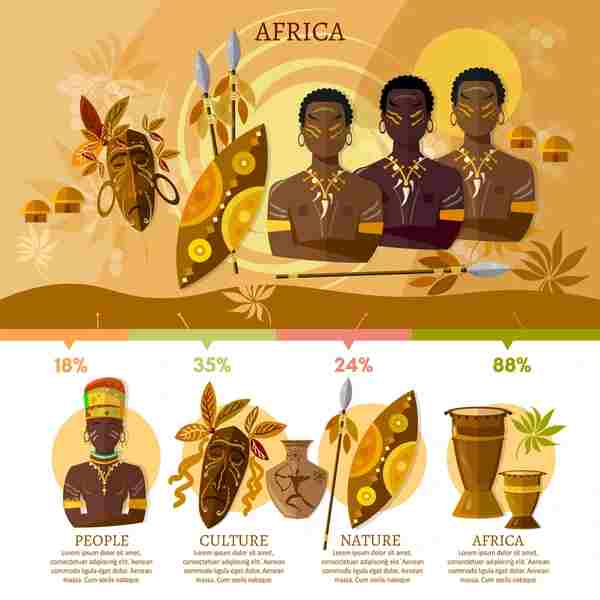
Digital Deception Raises Questions Nobody Can Clearly Articulate
A mobile application that allegedly deceived millions of undocumented immigrants has generated controversy, outrage, and confusion about what exactly it did, why it’s bad, and whether “millions” is accurate or just sounds more dramatic. The story has dominated headlines despite nobody being able to explain the actual mechanism of deception or its consequences.
The app, whose name and function remain mysteriously vague across all reporting, apparently promised something to undocumented immigrants and delivered something else. “It’s clearly deceptive,” insisted activist Grace Wanjiku, when pressed for details about what specifically was deceptive. “It tricked people. Vulnerable people. That’s all you need to know.” When asked what the trick was, she suggested speaking to someone else who also couldn’t provide specifics but was equally outraged.
According to reports about the controversial app, millions of people downloaded it, though verification of this number remains elusive. “Millions sounds right,” explained tech analyst David Omondi. “Could be one million, could be two million, could be several hundred thousand that we’re rounding up to ‘millions’ for impact. The exact number matters less than the emotional response it generates, which is the cornerstone of modern journalism.”
Research from Pew Research provides actual data on immigration patterns, but most coverage of the app story has opted for vaguer, more alarming terminology. “We know vulnerable populations were affected,” stated one report confidently, without defining “affected” or providing evidence of specific harms. The ambiguity allows readers to imagine whatever worst-case scenario aligns with their existing political views, making it perfect content for polarized discourse.
Critics of the app have called for investigations, regulations, and possibly criminal charges, though the specific crimes remain undefined. “There should be accountability,” demanded Senator Peter Kamau at a press conference. “People who create deceptive apps targeting vulnerable populations should face consequences.” When asked what laws were broken, he pivoted to discussing the importance of comprehensive immigration reform, suggesting he also doesn’t know but feels strongly that something was wrong.
Defenders of the app argue it provided legitimate services, though they’re equally vague about what those services were. “It connected people with resources,” explained one spokesperson mysteriously. “Legal resources. Information resources. Other resources.” The lack of specificity suggests either classified information or the possibility that nobody involved in this controversy actually understands what happened, but everyone has strong opinions about it.
Tech experts note that app stores have review processes designed to prevent malicious applications, as outlined by Apple’s App Store guidelines and similar standards. “If the app was genuinely deceptive, it should have been removed,” observed app developer Jane Mutiso. “The fact that it remained available suggests either the deception was subtle, nonexistent, or the review process failed. Without knowing what the app actually did, I can’t determine which scenario applies, but I’m confident it’s one of those three options or possibly a fourth option I haven’t considered.”
Social media has filled the information vacuum with speculation, conspiracy theories, and confident assertions based on zero evidence. “I heard it tracked people’s locations and reported them to authorities,” claimed one viral tweet with 50,000 shares. “I heard it was actually helping people avoid authorities,” countered another equally viral tweet. Both claims are presented as fact despite being mutually exclusive and unverified, demonstrating that contradictory misinformation can coexist peacefully online.
Immigration advocacy groups have issued statements condemning the app while simultaneously admitting they haven’t examined it thoroughly. “We don’t need to understand the technical details to know it’s harmful,” argued one spokesperson, pioneering a new approach to policy analysis that involves having strong opinions about things you haven’t investigated. “The existence of outrage is evidence enough that something bad happened. That’s how modern advocacy works.”
As the controversy enters its second week, new “revelations” continue emerging, each adding confusion rather than clarity. Yesterday’s bombshell that the app “may have collected data” joins previous revelations that it “possibly misled users” and “allegedly did something concerning.” The collective evidence suggests something potentially happened that some people think was bad, probably.
“This is the perfect modern scandal,” observed media critic Samuel Njoroge. “Maximum outrage, minimum information. Everyone can project their own fears and political beliefs onto a vague story about an app nobody has actually examined. It’s efficientone story serves multiple narratives. We should do this more often. Wait, we already do this constantly. Never mind.”
SOURCE: https://bohiney.com/app-that-fooled-millions-of-illegals/
SOURCE: Bohiney.com (https://bohiney.com/app-that-fooled-millions-of-illegals/)







